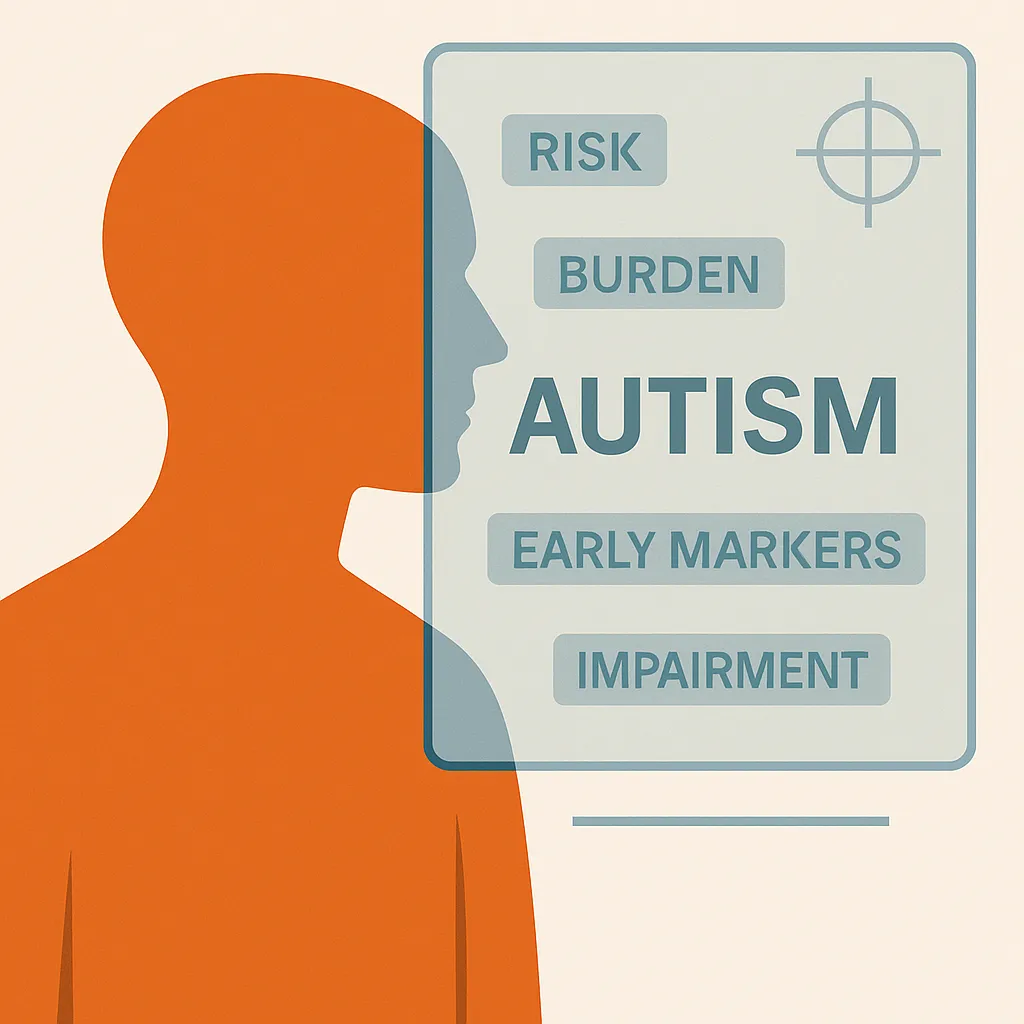Not an Epidemic — A Mirror

What Vox Gets Right (and What It Still Doesn’t Say) About Autism and RFK Jr.
In a recent piece for Vox, senior correspondent Dylan Scott walks through the numbers, the rhetoric and the damage behind Robert F. Kennedy Jr.’s claims about autism. And for once, a mainstream outlet doesn’t hedge. It names what matters.
Kennedy’s “autism epidemic”? Manufactured.
His fixation on toxins, ultrasounds and vaccines? Debunked.
His numbers? Cherry-picked.
His framing? Harmful.
Vox doesn’t sensationalize. It contextualizes. And in doing so, it makes something painfully clear:
The problem isn’t autism.
It’s how we talk about it — and who gets to do the talking.
Autism isn’t rising. Recognition is.
The article lays out what researchers have long known: autism diagnoses have increased not because more people are becoming autistic, but because more people are finally being seen.
Expanded criteria. Better screening. Fewer children missed, misdiagnosed or written off.
What Kennedy calls a crisis is actually long-overdue clarity.
But Vox goes further. It shows how this false crisis is weaponized — not just by conspiracy theorists, but by systems that still center pathology over personhood.
Whose story is being told?
The piece is clear, careful and grounded in science. But it still leaves out one thing: us.
There are no autistic voices in the article. No quotes from people whose lives are being misrepresented. No firsthand accounts to counter Kennedy’s narrative with lived truth.
That absence matters. Because when media outlets report about autistic people without including us, they reinforce the very dynamic they’re trying to expose: a story told over us, without us.
It’s not a disqualifying flaw. But it is a revealing one.
What else is missing
There’s no critique of the broader research culture that made Kennedy’s narrative plausible in the first place.
No reckoning with the decades of autism studies that:
- Prioritized cause over care
- Measured burden instead of wellbeing
- Described us in terms of cost, deficit and “risk”
If Kennedy’s story took root, it’s because the soil was already fertilized — by policy, by funding priorities, by scientists who never asked autistic people what support actually looks like.
Vox challenges the man. But the machine that built him? It stays mostly untouched.
Final thought
This is one of the strongest mainstream pieces we’ve seen on autism in the Kennedy era.
It debunks without dehumanizing.
It names harm without turning autistic people into rhetorical props.
It listens.
We need more of that.
But we also need media that doesn’t just defend autism from conspiracy.
We need media that defends autistic dignity — even when it’s less headline-friendly.
The story is shifting. Vox is part of that. Let’s make sure autistic people lead the next chapter.